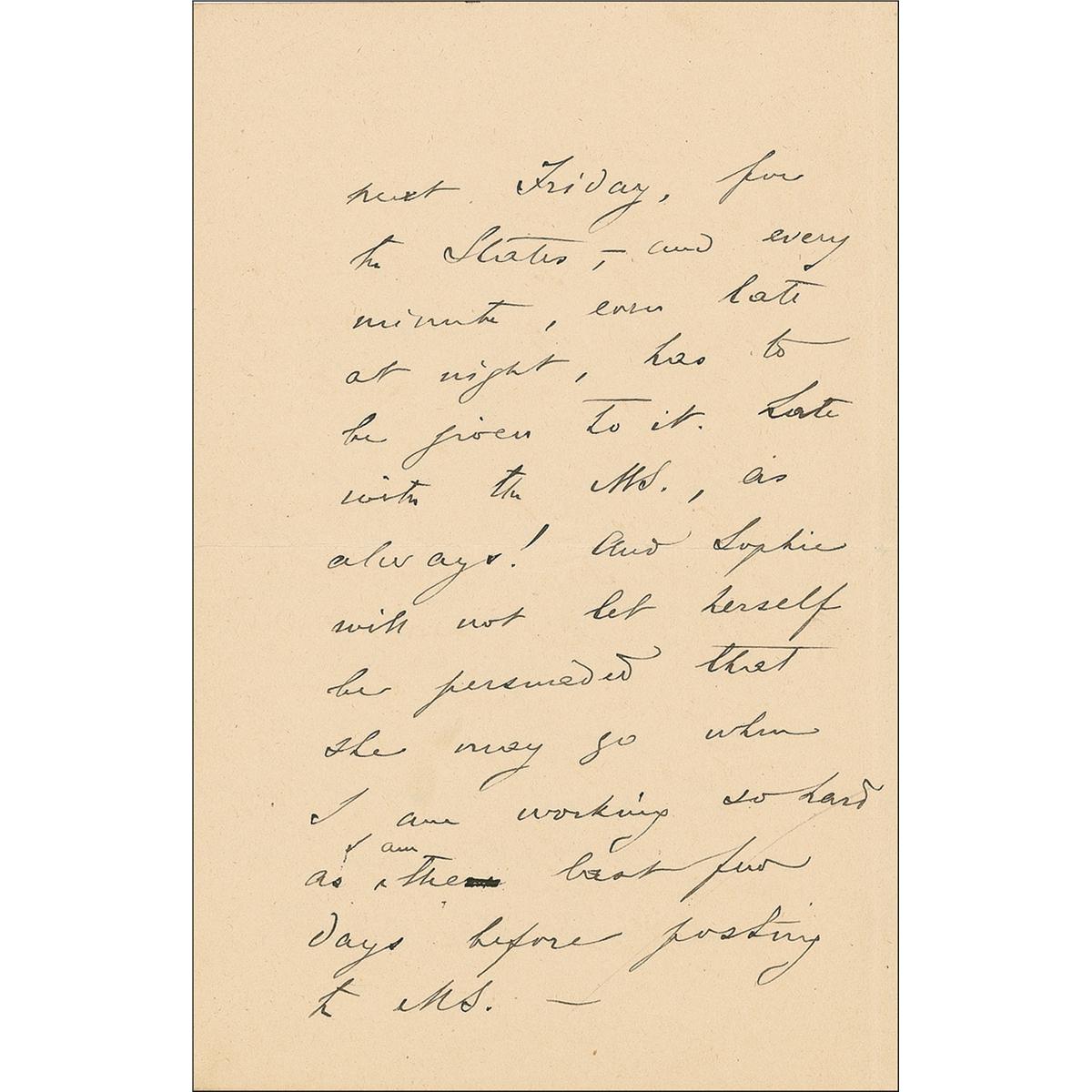
In the work, Kropotkin points out what he considers to be the defects of the economic systems of feudalism and capitalism and why he believes they thrive on and maintain poverty and scarcity. Between 18, it was serialized in part in the London journal Freedom, of which Kropotkin was a co-founder. It was first published in Paris with a preface by lis e Reclus, who also suggested the title.

Originally written in French, it first appeared as a series of articles in the anarchist journal Le R volt. The Conquest of Bread is an 1892 book by the Russian anarcho-communist Peter Kropotkin.
 St Joseph's University (Brooklyn Voices Series). No more of such vague formulas as "The Right to work," or "To each the whole result of his labour. But nobody has the right to seize a single one of these machines and say, "This is mine if you want to use it you must pay me a tax on each of your products," any more than the feudal lord of medieval times had the right to say to the peasant, "This hill, this meadow belong to me, and you must pay me a tax on every sheaf of corn you reap, on every rick you build." All is for all! If the man and the woman bear their fair share of work, they have a right to their fair share of all that is produced by all, and that share is enough to secure them well-being. Here is an immense stock of tools and implements here are all those iron slaves which we call machines, which saw and plane, spin and weave for us, unmaking and remaking, working up raw matter to produce the marvels of our time. All things are for all men, since all men have need of them, since all men have worked in the measure of their strength to produce them, and since it is not possible to evaluate every one's part in the production of the world's wealth.
St Joseph's University (Brooklyn Voices Series). No more of such vague formulas as "The Right to work," or "To each the whole result of his labour. But nobody has the right to seize a single one of these machines and say, "This is mine if you want to use it you must pay me a tax on each of your products," any more than the feudal lord of medieval times had the right to say to the peasant, "This hill, this meadow belong to me, and you must pay me a tax on every sheaf of corn you reap, on every rick you build." All is for all! If the man and the woman bear their fair share of work, they have a right to their fair share of all that is produced by all, and that share is enough to secure them well-being. Here is an immense stock of tools and implements here are all those iron slaves which we call machines, which saw and plane, spin and weave for us, unmaking and remaking, working up raw matter to produce the marvels of our time. All things are for all men, since all men have need of them, since all men have worked in the measure of their strength to produce them, and since it is not possible to evaluate every one's part in the production of the world's wealth. 

Individual appropriation is neither just nor serviceable. "The means of production being the collective work of humanity, the product should be the collective property of the race.








 0 kommentar(er)
0 kommentar(er)
